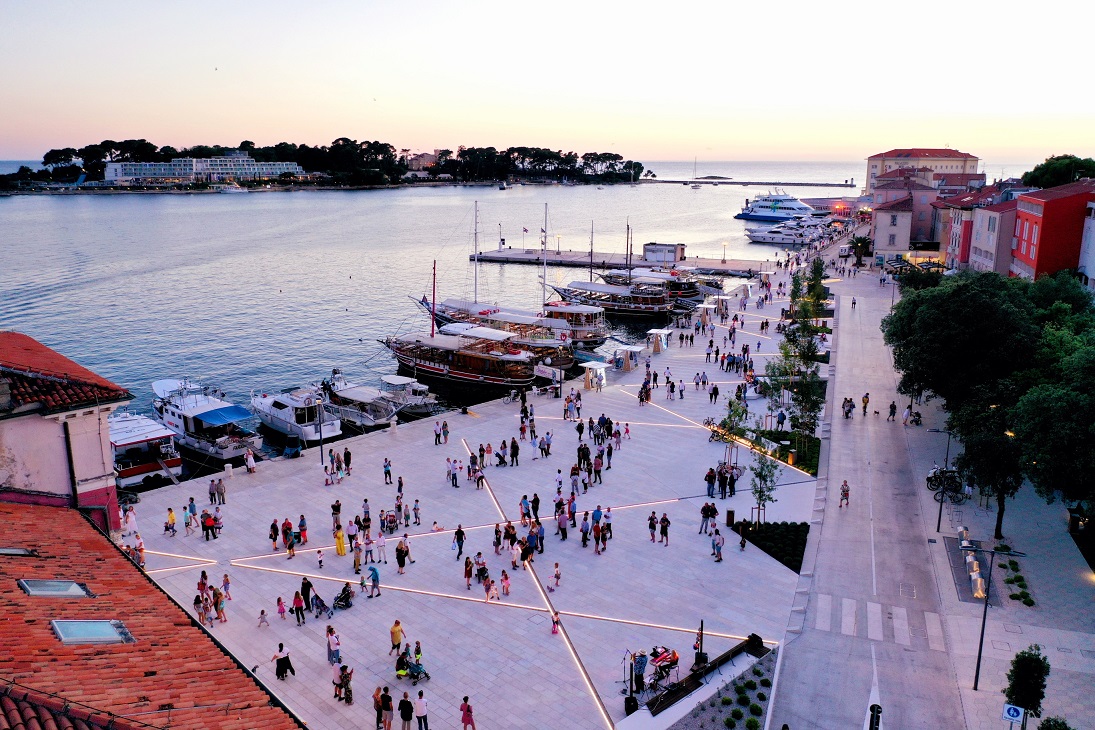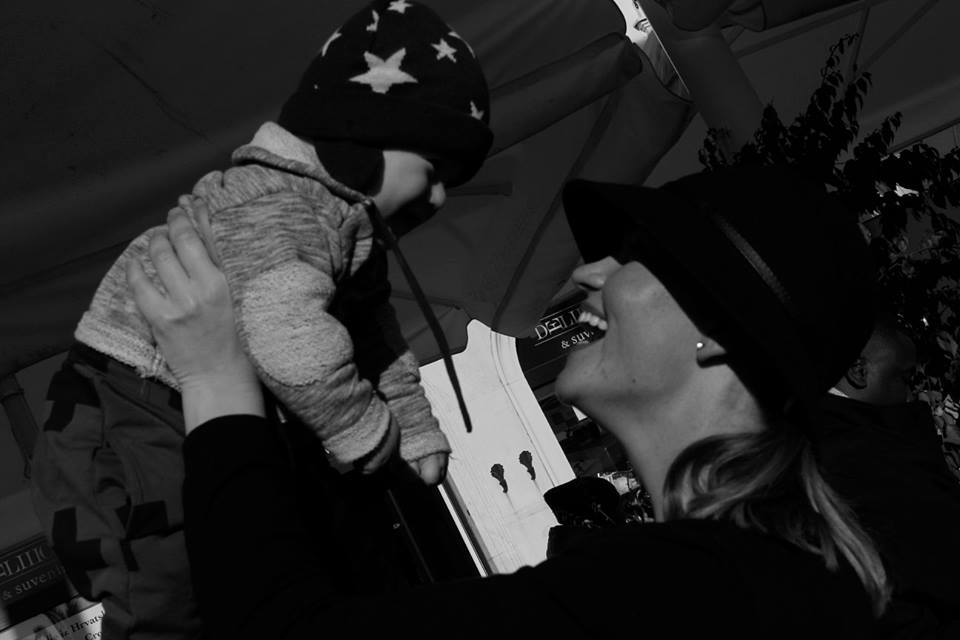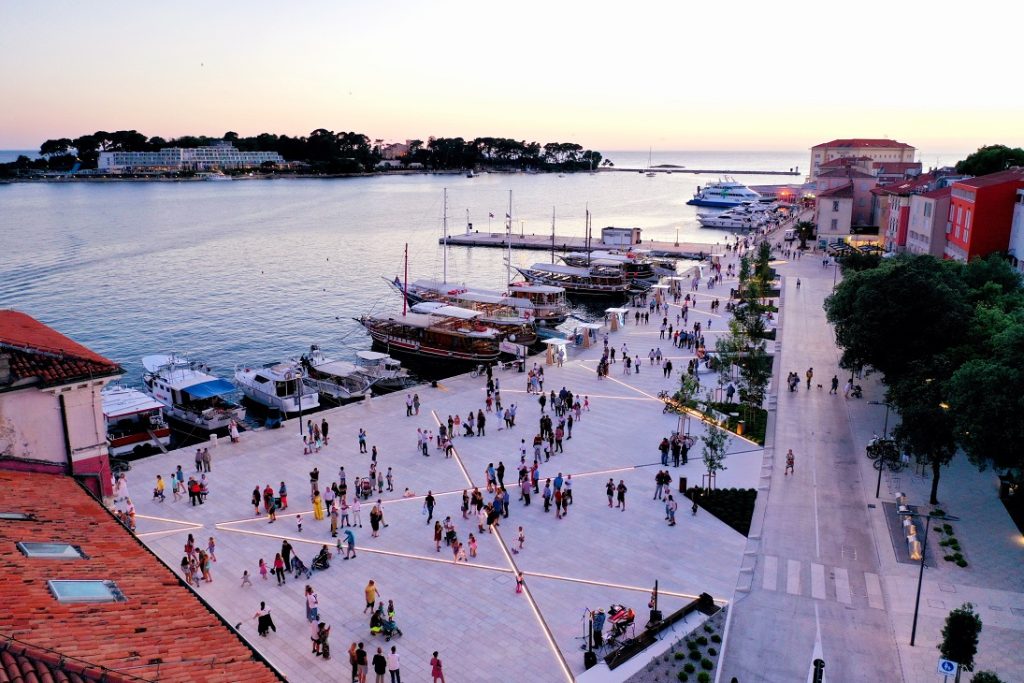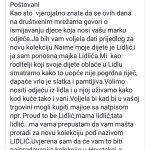In Split kindergartens, children are being mocked by their peers for the clothes they wear, being referred to as “lidlići”.
On 28th September 2017, SplitskiDnevnik reported a story that really caught my attention; about children in kindergartens being teased because of the clothes they wear, and being called “lidlići” – which refers to the budget store Lidl.
This story didn’t just touch me because I am an emotional creature but because I have worked as a nanny before and also as a teacher in a Croatian kindergarten, teaching children English. The greatest lesson I took away from both of those experiences was just how quickly children learn; they are like sponges, soaking in their surroundings – learning from the environment and the people around them.
Taking children to kindergarten is a necessary and valuable part of their development – “children in kindergarten, through interaction with other children and educators adopt, through socialization, different skills and knowledge of roles outside the family. In this way, children show some new patterns of behaviour they have gathered from their peers but they also pass on the adopted habits they have learned from their parents” (SplitskiDnevnik).
When I worked in a kindergarten here in Split, I was working with children aged 2 – 4 years-old, they amazed me with how quickly they picked up words in English but also some of my mannerisms. Phrases I used often, I would then hear the children repeat back to each other, like: “great job”, “friends share”, “clean-up time”. Being around children taught me many things and awareness of my language and body language was at the forefront of my mind.
I do not have children of my own yet, but I am sure we all want our children to grow up learning decent behaviour, kindness/empathy, self-awareness, self-reliance, certain values, cultural and social sensitivity. So, when children are being teased for what they wear, creating division within a class, it is cause for concern and paints a picture of the values being instilled.
Teasing and mocking is something that is, unfortunately, a part of childhood and growing up, there is no escaping it but young children being aware of branded clothing is not normal. Splitski Dnevnik met up with a kindergarten teacher to talk about this issue, they were told:
“Kids can be cruel, the subject of ‘mocking’ could be for wearing glasses, strange ears, if someone is not as good in activities like painting, drawing or other games… these are the things we can come to predict. But from where do children understand the value of branded clothing, how do they recognise this, who has taught them? This time the question is about the example parents are setting themselves.”
What to do in such situations?
The teacher went on to explain how, in such situations, they try to show children, through positive examples what is inappropriate behaviour, to learn about mutual respect and acceptance and the values which include social sensitivity and appreciation of diversity. But, she points out, “it is very difficult to intervene and influence what the children learn from their environment, primarily by the thinking of parents and the wider family.”
There is no denying that we live in a world of consumerism and social media, most of us would like to think that we don’t feed into it but children will always be the most honest mirror, reflecting back to us our own patterns of behaviour. I remember when I was in high school, I didn’t have branded clothes, in fact, everything was second-hand, I was teased and it felt awful. Children can be cruel and there is very little we can do about it for teenagers but there is something we can do for young, impressionable children in the example we set – hoping that this grows with them into young adults.
Comments from the Public
Children in kindergarten shouldn’t know, let alone care about the value of branded clothing; this is heartbreaking and should be a real eye-opener for many parents.
In the Facebook group “Split I oko Splita”, this article was published which caused quite a reaction and elicited many comments.
“What kind of ‘children’ do these kids have for their parents? Still, somehow, I understand when these things start happening in high school, but in kindergarten?? The complexes of village parents will destroy every chance that their child has to grow into a normal person.”
“They learn it from their mum and dad who sit on the Riva with their coffee and comment about what people are wearing.”
“Children are pictures of the time we live in. As adults, we apply the values of life and the meaning of life, everything is transmitted to those innocent little beings. When we see children, we need to ask what kind of parents we are because everything starts in the family.”
“These are the superficial mums who go to coffee and comment on other people [in front of] their children.”
Is the Riva Runway Mentality to Blame?

Credit: Tash Pericic
Many comments linked it back to Mum and Dad’s behaviour, with many references to the Riva. It is no secret that the Riva doubles as Split’s runway. Many people joke about it, you will find it referred to in numerous publications and Sonja Dvornik has even made a career out of capturing street-fashion on the Riva. I, myself, always feel extremely underdressed but the feelings of inadequacy as a teenager are long-gone these days, thanks to a little self-confidence and ‘zero f**** given’ attitude when it comes to being judged – this took a long time though!
However, I never thought about the fact that these habits and negative social behaviours are being absorbed by young children. I can’t say whether Croatia is better or worse than anywhere else in the world when it comes to this but from personal experience and what I see around Split town, image and how you are dressed is almost a #1 priority (how on earth everyone can afford it, I have no idea).
I understand parents wanting to buy the best for their children, especially if they themselves didn’t have much as a child. I think this is a natural instinct, to want to give our children all of the opportunities we didn’t have growing up. However, there needs to be a balance – otherwise, children grow up spoilt; not understanding the value of money is one thing but teasing others who may be less fortunate is an entirely different story and a slippery slope to the kind of future we are building. I am definitely not saying – don’t buy your children branded clothes but parents need to be sure to instill in their children that the value of a person has nothing to do with the clothes they wear – words from India Arie come to mind here – “my worth is not determined by the price of my clothes”.
And now, I will finish on the words spoken by the kindergarten teacher, food for thought:
“Our little sponges absorb everything around us, and we have to work hard to set a positive example for our children because all of this affects their sensitive psychological state in these formative years. I urge parents to think a little and we all work together to raise our children in real values because they are our future.”
What kind of example are you setting?

Credit: Tash Pericic
Source info: SplitskiDnevnik











